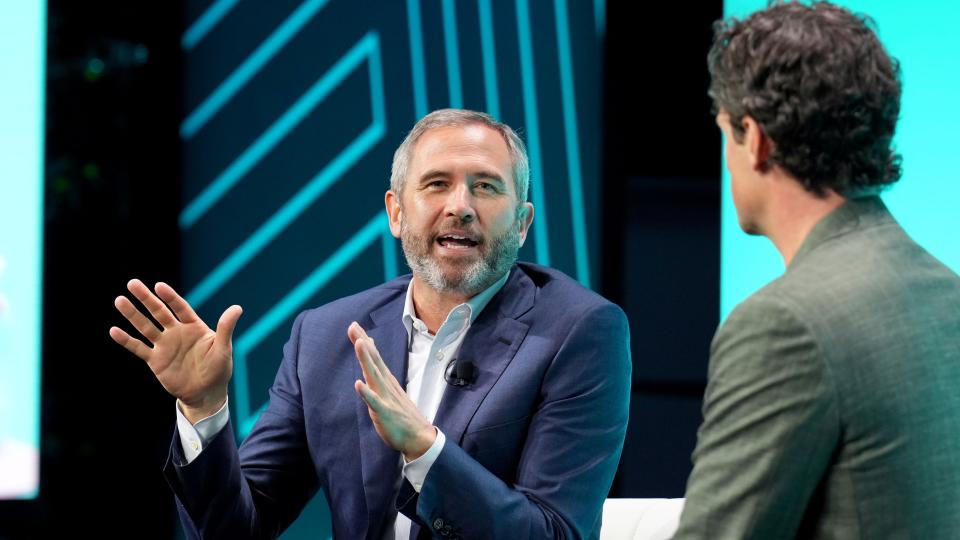California Judge Dismisses Part of Civil Lawsuit Against Ripple, Sends Rest of Securities Case to Trial

A civil lawsuit on a securities claim against Ripple CEO Brad Garlinghouse will proceed to trial in California.
A judge dismissed several other claims made in the lawsuit.
A California judge has ruled that a civil securities lawsuit against Ripple will proceed to trial, denying in part the crypto firm’s motion for summary judgment in a suit alleging that Ripple’s CEO violated state securities laws in 2017.
A jury will hear arguments on whether Ripple CEO Brad Garlinghouse made “misleading statements” in connection with the sale of securities in a 2017 televised interview. The other four claims in the class action securities lawsuit – the so-called “failure to register claims” – were tossed out on Thursday by Judge Phyllis Hamilton of the U.S. District Court for the Northern District of California.
“We are pleased that the California court dismissed all class action claims. The one individual state law claim that survived will be dealt with at trial,” said Ripple’s Chief Legal Officer Stu Alderoty in an emailed statement.
The plaintiff has alleged that Garlinghouse violated California’s securities laws by professing to be “very, very long XRP” while simultaneously selling “millions of XRP on various cryptocurrency exchanges” throughout 2017.
According to court documents, Ripple’s lawyers argued that the claim should be tossed because XRP doesn’t meet the definition of a security under the Howey Test and “thus cannot give rise to a claim for misleading statements in connection with a security.”
In her Thursday ruling, Hamilton said that Ripple’s lawyers urged her to “follow the reasoning” of U.S. District Court Judge Analisa Torres who, in a parallel case in the Southern District of New York (SDNY), ruled that XRP did not meet all the prongs of the Howey Test when sold directly to retail participants on crypto exchanges.
Torres’ ruling constituted a partial victory for Ripple, and was celebrated by many in the crypto industry as a step in the right direction for long-awaited regulatory clarity, as well as a potential precedent for other crypto securities cases. But Torres’ ruling hasn’t seemed to have as much sway as hopefuls once thought it might. Last year, Torres’ colleague in the SDNY, District Judge Jed Rakoff, rejected her ruling in a separate case brought by the U.S. Securities and Exchange Commission (SEC) against Singaporean crypto firm Terraform Labs.
Hamilton, in her Thursday ruling, also broke with Torres’ legal opinion that that XRP sold to “programmatic” (meaning non-institutional) traders was not a security because those traders had no expectation of profits due to the efforts of others, one of the four prongs of the Howey Test.
“The court declines to find as a matter of law that a reasonable investor would have derived any expectation of profit from general cryptocurrency market trends, as opposed to Ripple’s efforts to facilitate XRP’s use in cross-border payments, among other things,” Hamilton wrote. “Accordingly, the [court] cannot find as a matter of law that Ripple’s conduct would not have led a reasonable investor to have an expectation of profit due to the efforts of others.”
In his statement, Alderoty added that Torres’ ruling in the SEC case “still stands.”
“Nothing here disturbs that decision,” Alderoty wrote.
UPDATE (June 21, 2024, 14:15 UTC): Edits headline.

